College. Seen as one of the main milestones after high school, college is a prominent subject in students’ lives, yet they often have misunderstandings about it. With College Week recently concluding, students may be even more curious about college.
Gary Livingston, college and career counselor, works on campus to educate students about applying to college and college life.
“The most important aspect is to truly know that this is for them,” Livingston said. “This isn’t for Mom, this isn’t for Dad, this isn’t for Auntie, Uncle, you know, it’s their future.”
Many students believe that their college experience will be dictated by their parents’ wishes,, but Livingston emphasizes that college is for the student, not the parent.
“It’s okay to change your mind along the way, but I think that a lot of people are like, ‘Oh I wanna do this because Mom and Dad said I have to’, and in reality, yes, respect Mom and Dad, but it’s gonna be your decision at the end of the day,” Livingston said.
Along with the pressure brought on by parents, students also worry about participating in extracurricular activities.
“These days it feels like if you don’t volunteer in a bunch of places, donate to charity, and do all kinds of crazy stuff,” junior Aaditeya Das said.“Your chances are just worse and worse.”
Extracurricular activities being the most important aspect in college preparation is a widespread notion. However, according to eschoolview.com, “[while] colleges consider out-of-class activities such as athletics, student government, and music when they review an application… [they] look at your academic performance first.”
Another misconception is that if a student doesn’t initially get accepted to their dream college, they can never get into it.
“[A] misconception about college life is ‘if I dont have the GPA, I can’t get into this school that I wanna get into’, and that’s not entirely true,” Livingston said. “There’s different pathways, there’s transfer opportunities, you could go to a college like Collin College for a year and then transfer.”
For example, Collin College offers the Texas A&M Engineering Academy, which provides a pathway for students to transfer into Texas A&M’s College of Engineering.
“They take classes at Collin and then they can transfer to Texas A&M Engineering,” Livingston said. “They can definitely get into the college [they want] through those pathways, so there’s different ways to achieve the same goals.”
College can be a confusing or intimidating prospect, but students have many resources around them for help.
“Come see me, we can walk through a couple things together.” Livingston said. “We could talk about what are their likes, their dislikes, what do they wanna do, what have they thought about doing before, and I have great resources.”


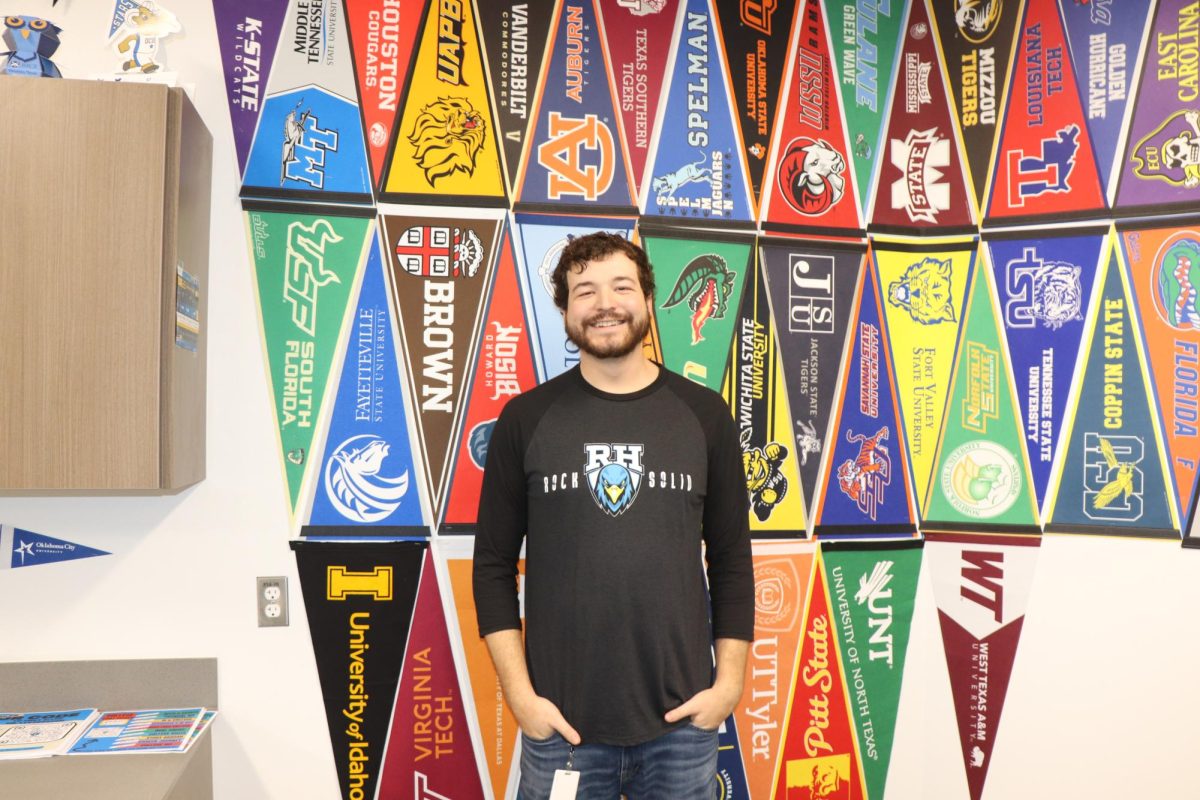
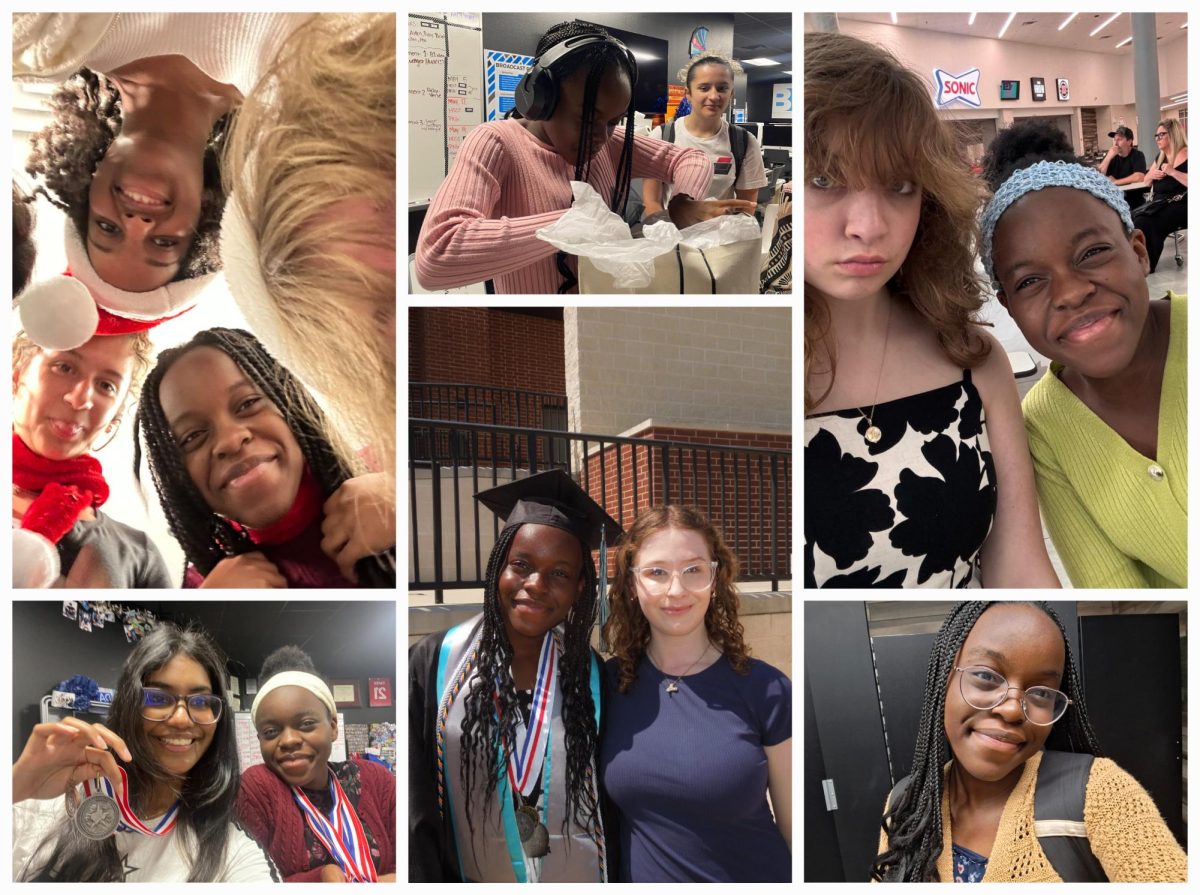
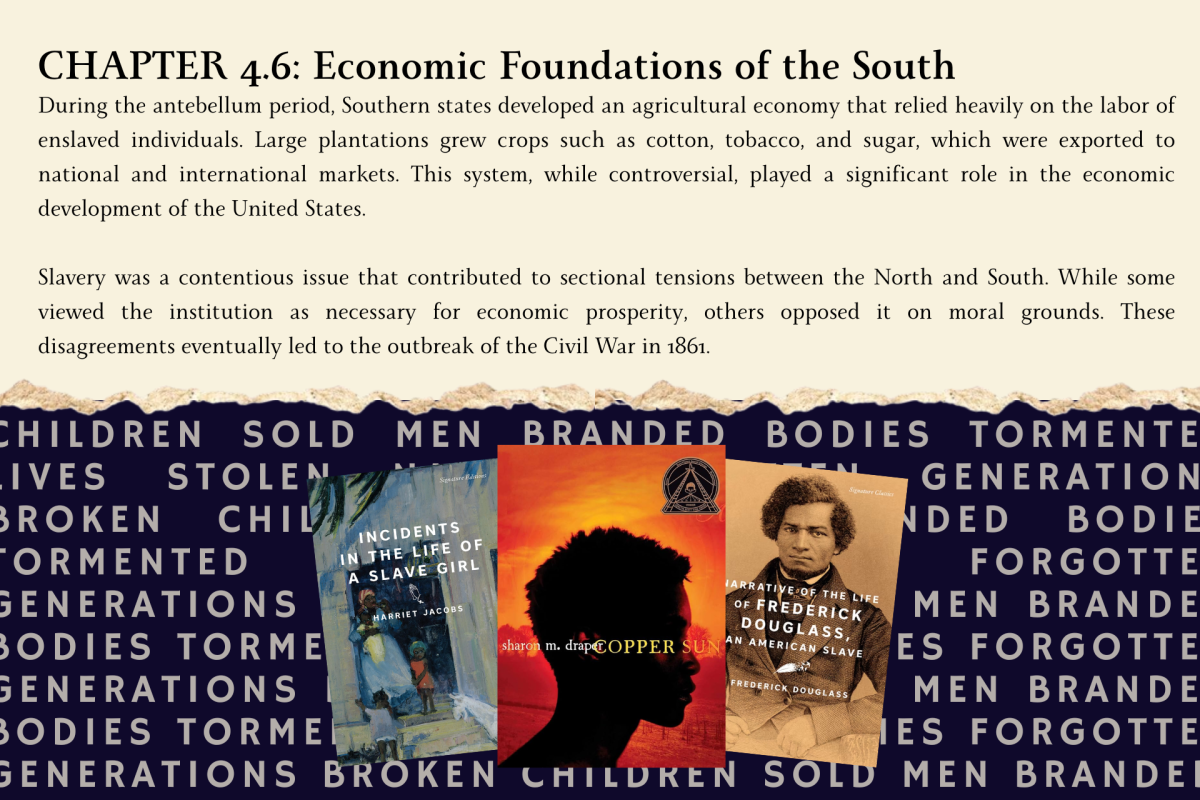

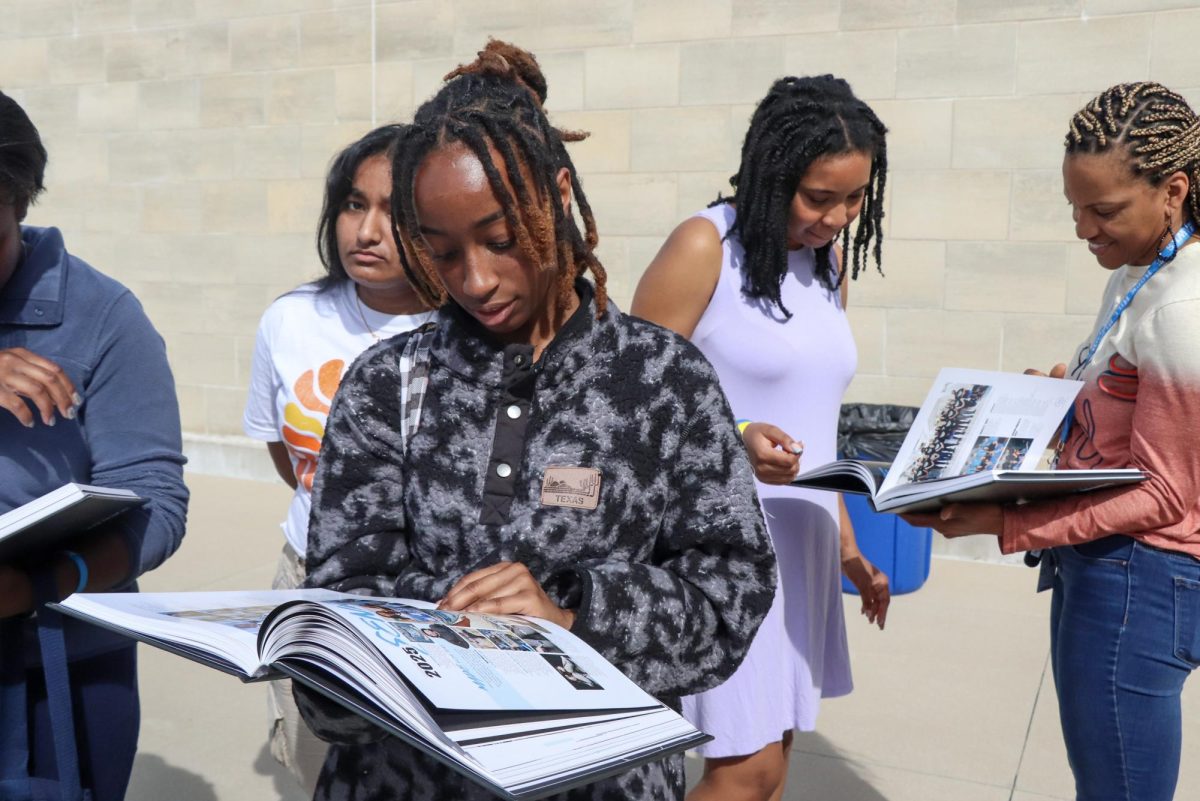

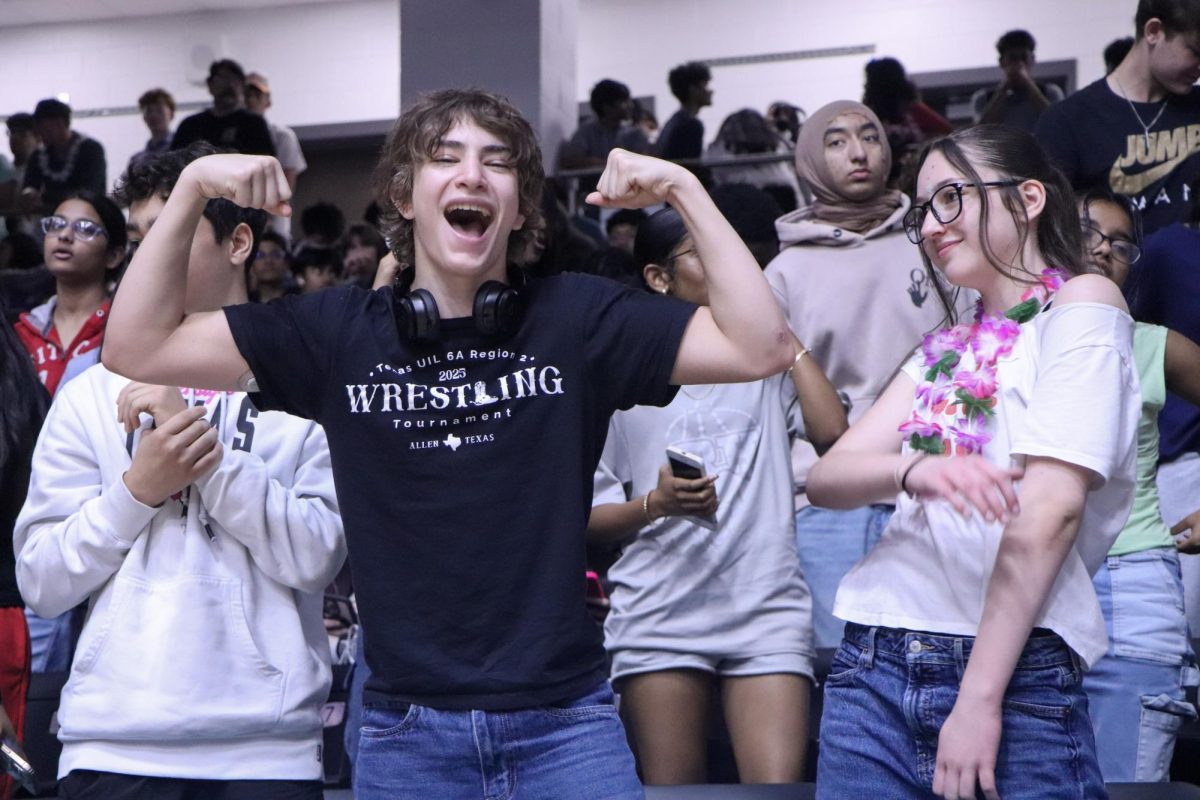

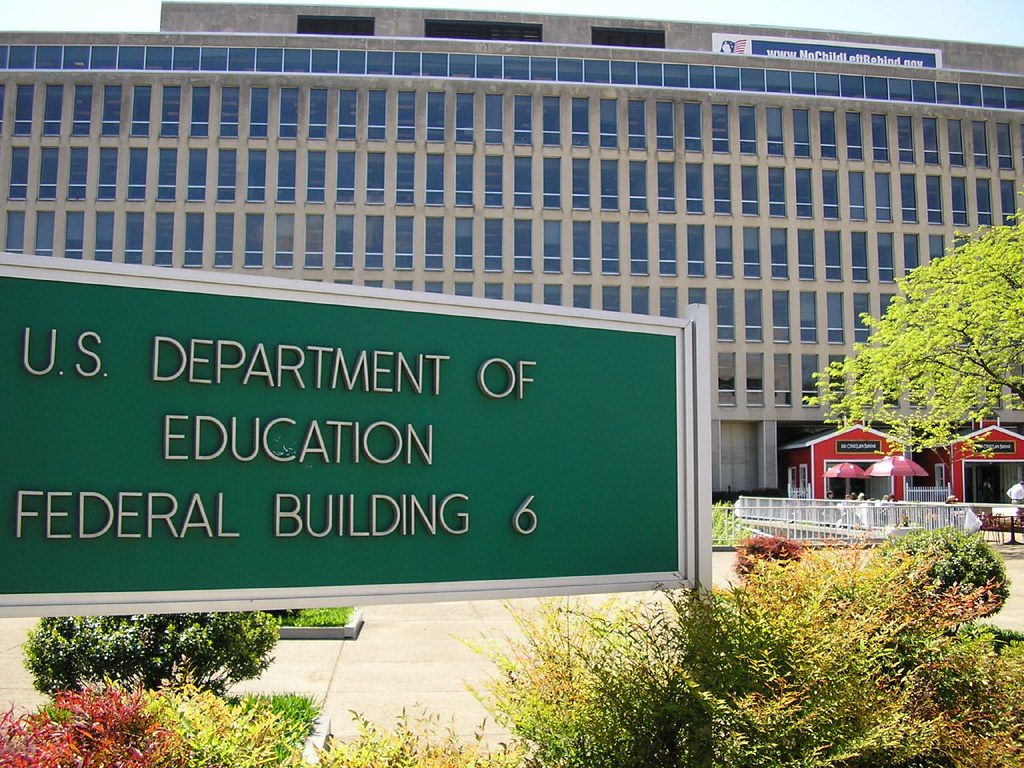

![A digitally constructed image shows money flowing out of a U.S. government building, representing the economic impact of the Trump administration’s new tariff policy. “[The tariffs are] supposed to basically pump up American businesses to where Americans go buy American products,” U.S. government teacher Adam Barclay said. “Then you have more manufacturing, you have more jobs, and that's how it's supposed to work.”](https://rockhillmedia.org/wp-content/uploads/2025/04/Impact-of-the-U.S.-Tariffs-1-1200x675.png)


